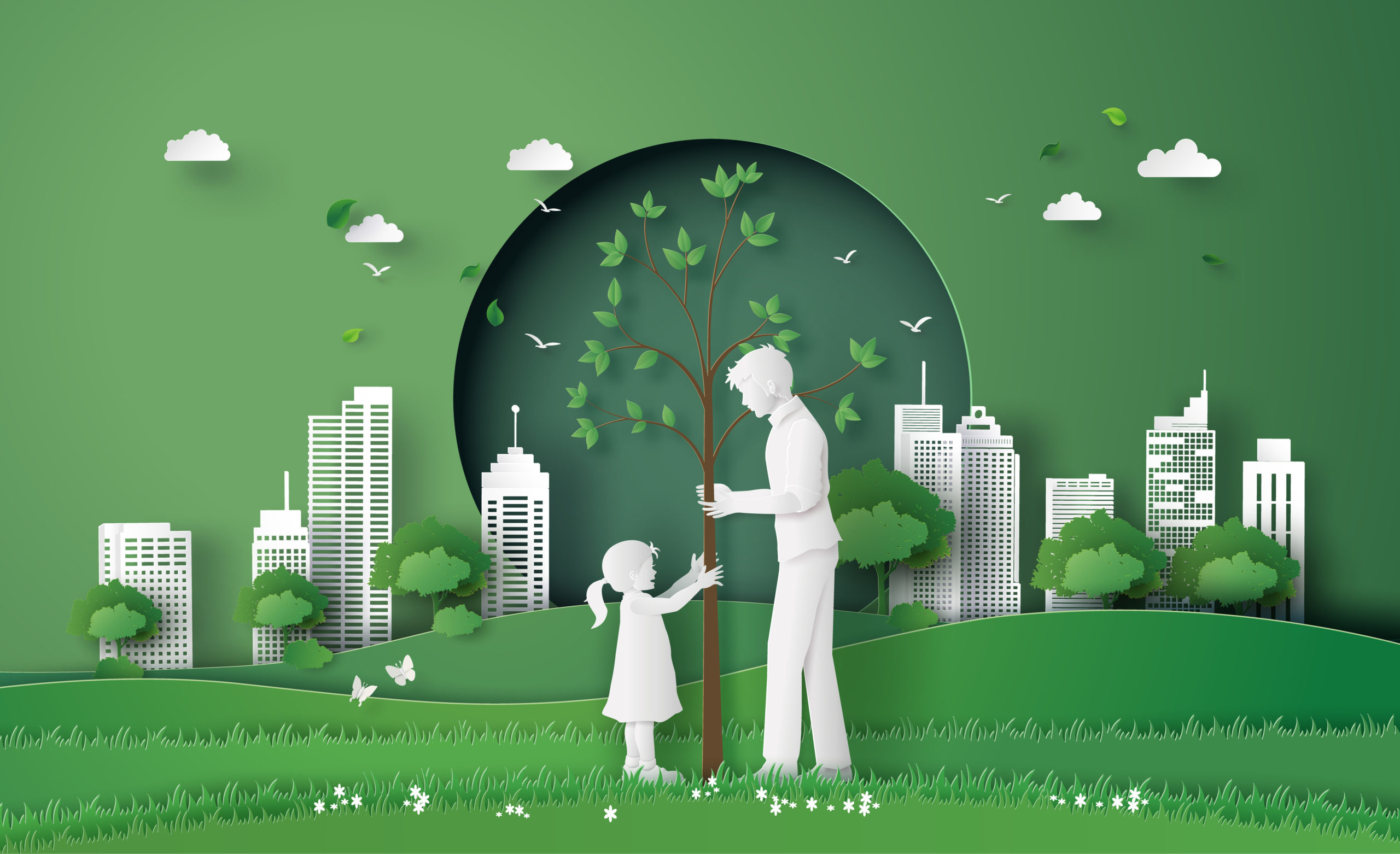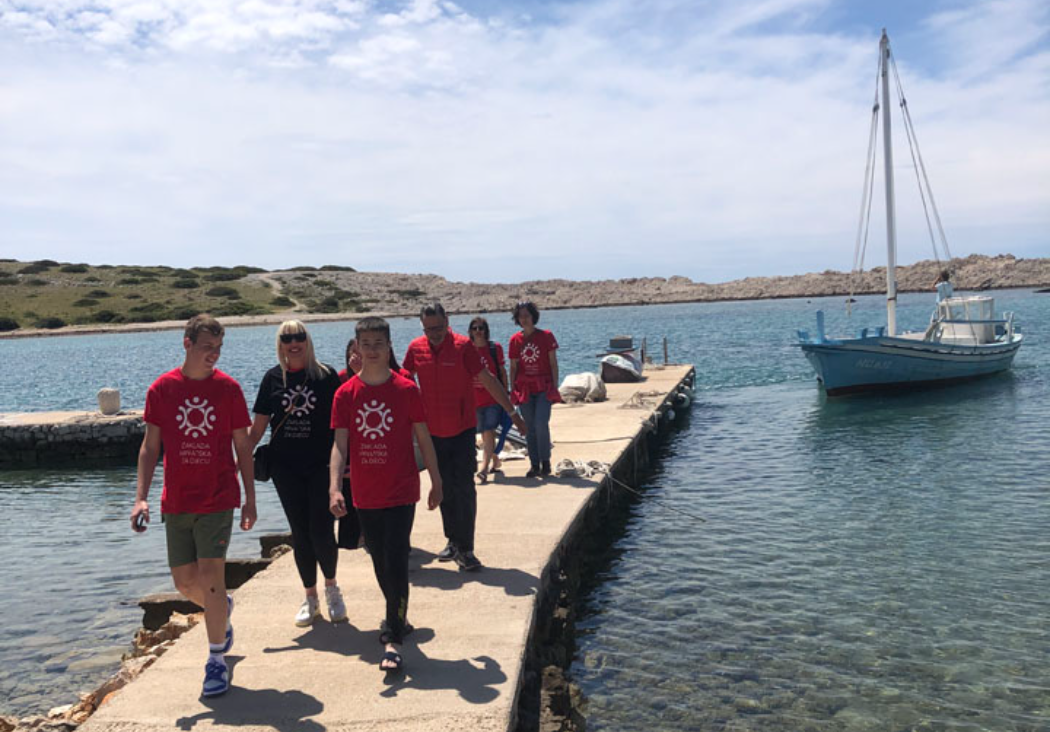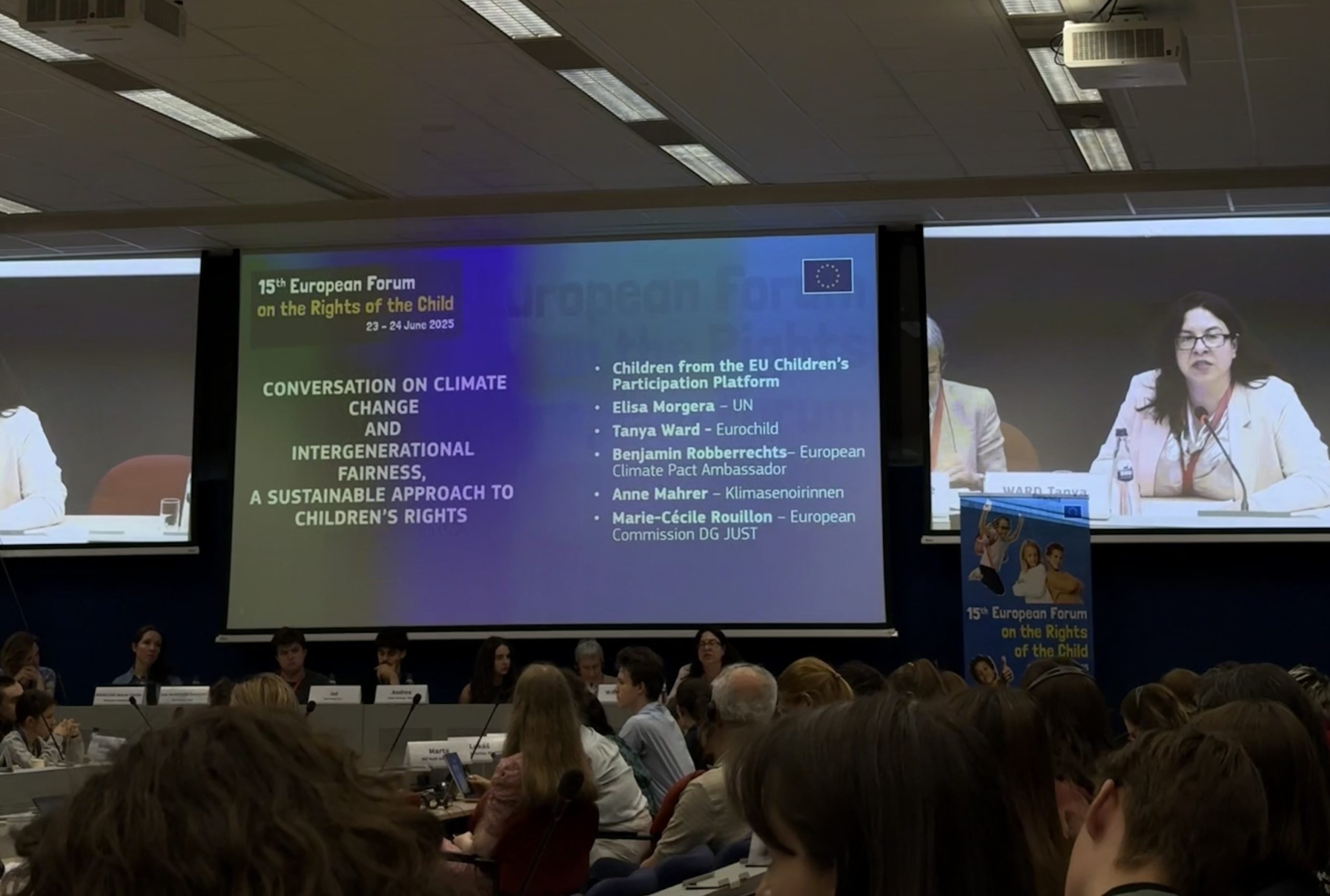Eurochild signs global call for the UN to recognize the right to a healthy environment
UPDATE: The UN Human Rights Council has adopted the resolution on the right to a healthy environment.
This recognition means more accountability from governments to ensure we live in a world with a safe and stable climate, a toxic-free environment, with clean air, access to safe water and adequate sanitation, healthy and sustainably produced food and thriving biodiversity and ecosystems.
------
During the UN Human Rights Council’s 48th session (13 September - 8 October) governments are deciding if they will recognize the right to a safe, clean, healthy, and sustainable environment.
The governments of Costa Rica, Maldives, Morocco, Slovenia and Switzerland, or the “Core Group,” officially announced that they will introduce the resolution for the global recognition of the right to a safe, clean, healthy and sustainable environment at the upcoming session of the Human Rights Council.
The environmental crisis is also a child rights crisis.
No segment of the population is more vulnerable to environmental harm than children. The numbers are truly shocking. More than 1.7 million children under the age of five lose their lives every year as a result of avoidable environmental impacts, while millions more suffer disease and permanent forms of harm.
It is beyond debate that children are wholly dependent on the natural environment to lead dignified, healthy and fulfilling lives, including a safe climate, clean air, safe water and adequate sanitation, healthy and sustainably produced food, non-toxic environments to learn and play in, and healthy biodiversity and ecosystems.
This is an important moment for civil society to take action.
Together with over 1,000 civil society and Indigenous Peoples organizations Eurochild have endorsed the call on all governments and invites its members to sign. Once the resolution passes in the Human Rights Council, the discussion will move to the General Assembly.
For further info on #HealthyEnvironmentForAll, consult the advocacy brief or contact CERI (Children Environmental Rights Initiative) at secretariat@childrenvironment.org





